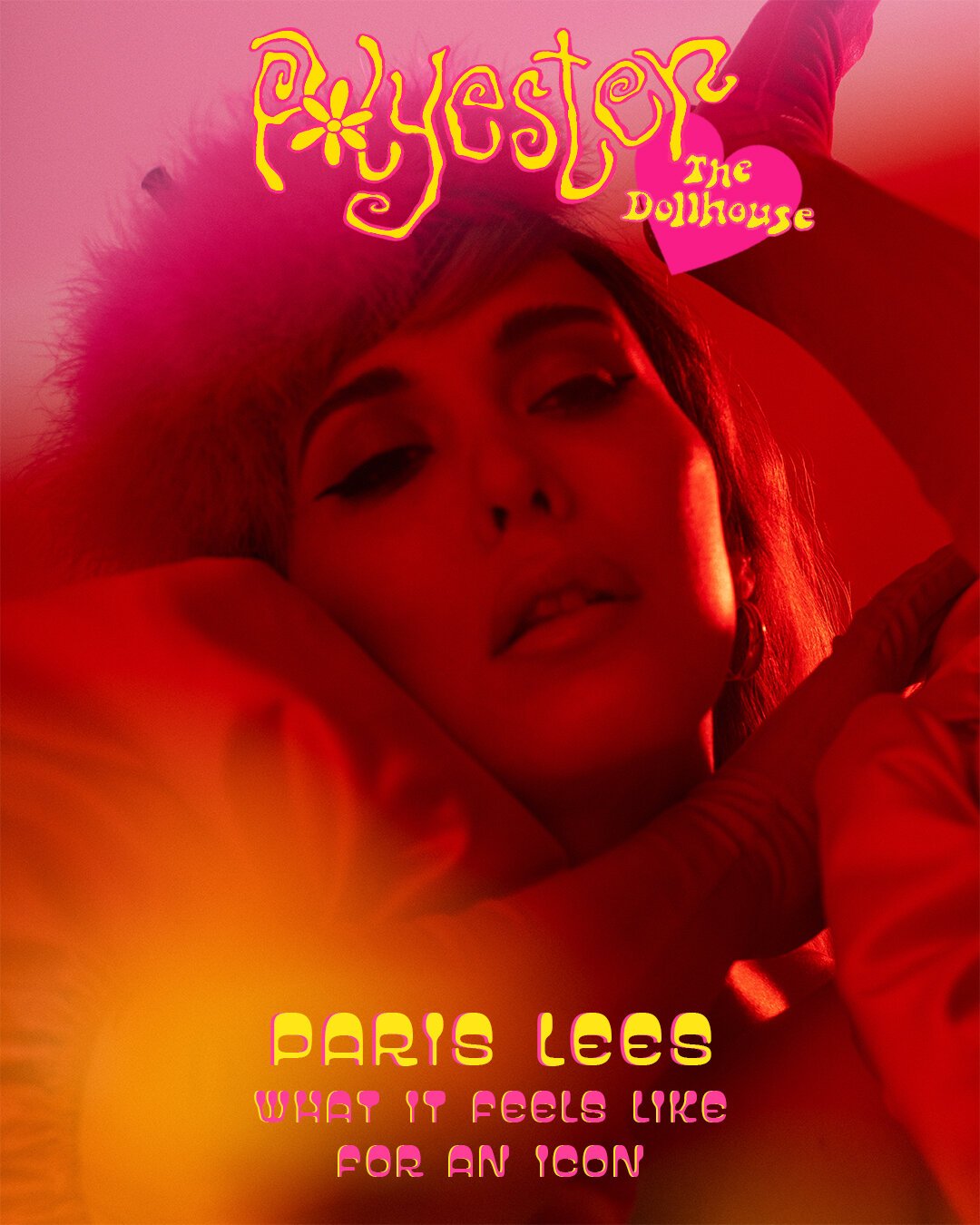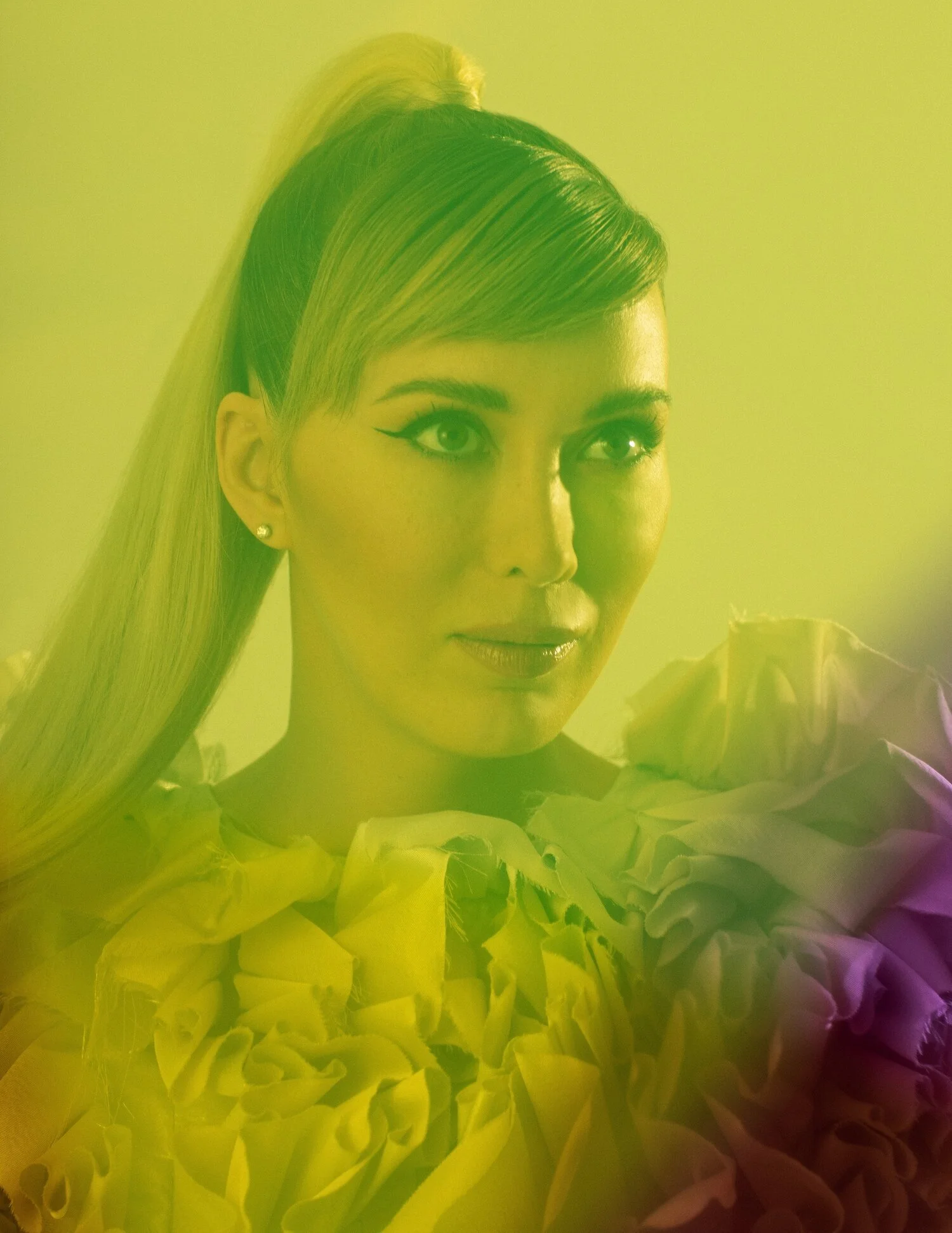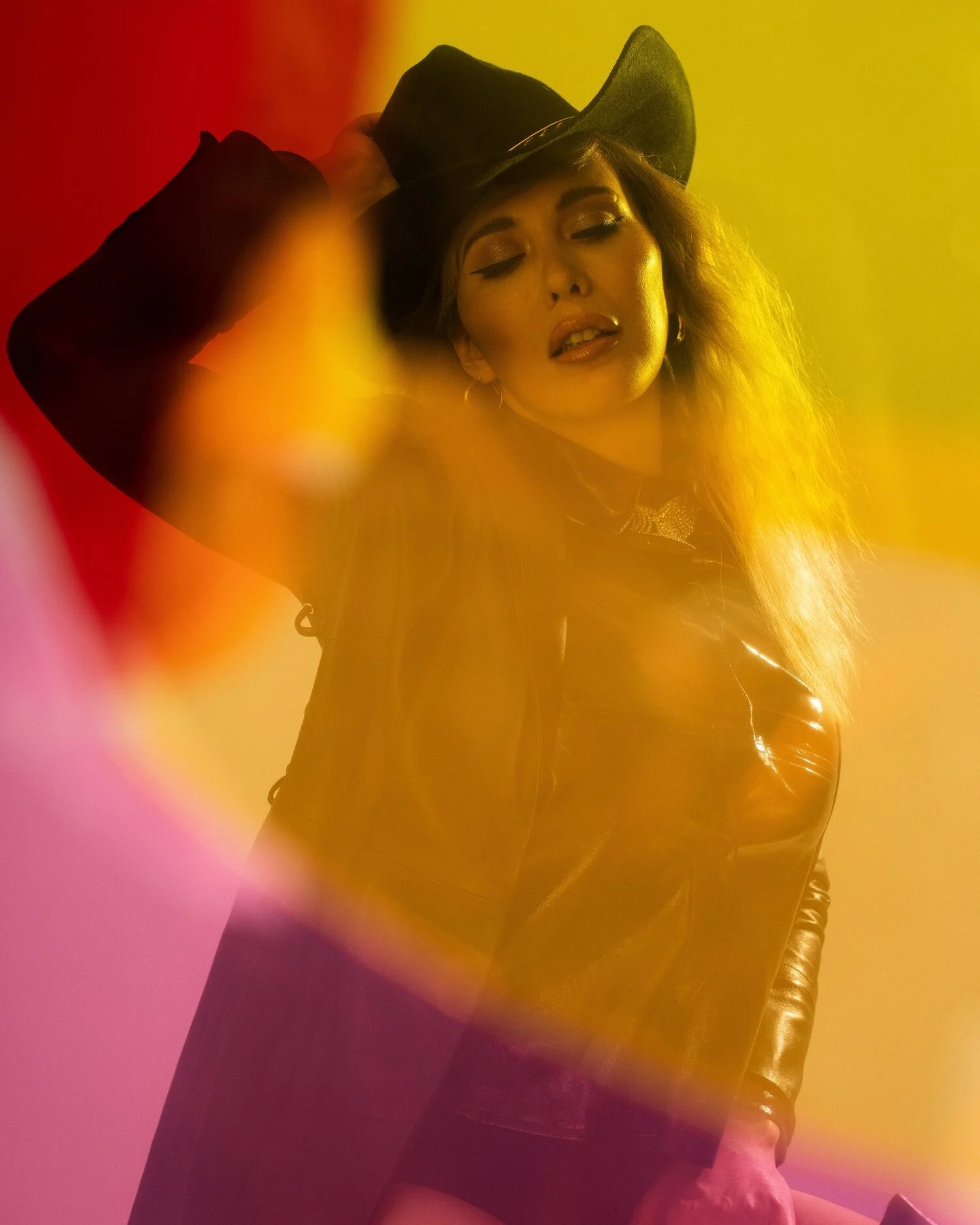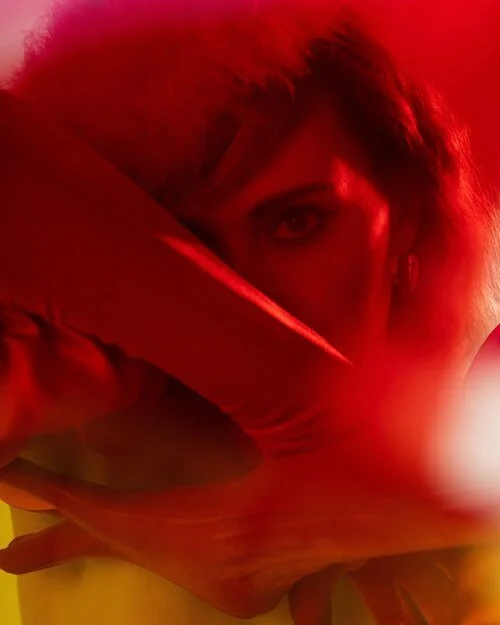Paris Lees and What It Feels Like For An Icon
Make it stand out
I still remember the first time I heard about Paris Lees, it was a couple of weeks after I came out as trans myself in 2013. I remember so vividly, because at that time, before the Laverne’s and Janet’s (…and Caitlyn’s lol) of modern day trans representation, it was SO rare to see trans people in the media, especially being positively represented. In the ten years post-Nadia on Big Brother and pre-Paris the only time you saw trans people in the media would be either as punchlines in popular films and sitcoms or as punching-bags on shows like Jerry Springer and Maury. It is undeniable that Paris was the start of this new wave of trans representation here in the UK.
However, for me, it’s never just been about surface level representation with Paris - it wasn’t just about her being represented as a trans person, it’s always been about what she represented as a trans person. Which was, ironically, that she was so much more than just trans.
It’s what she represented as a girl from a council estate who’d had a hard life and made some bad choices. but had made more good ones and made it not only through, but to the top. She was testament to the fact that if she could do it, that anyone could, and this was what my generation of trans girls in the UK needed at that time.
More than her achievements though - like being Vogue’s first trans columnist for example - it’s her attitude that I’ve always admired and aspired to most. I saw a quote of hers from an interview she did with Dazed doing the rounds on social media recently, and it encapsulates this attitude perfectly: “I refuse to play into the trans misery narrative”. This is what my generation of trans girls in the UK need at this time.
As noble as this all sounds, she tells me she ain’t no trans activist. “It’s not that I don’t like being called one, it’s just not accurate.” Paris tells me, “The only campaign I’m involved in right now is the publicity campaign for my book”. I scream. What a fucking icon.
As explained in her book What It Feels Like for a Girl, Paris has had more than her fair share of shit but more inspirational than the fact that she made it through and made it where she is now, is the fact she refuses to let it steal her joy. “Even in the face of adversity I refuse to be dragged down,” she declares. “I insist on having fun”.
This is the attitude that has resonated throughout her career: In the book, just like in real life, even when she touches on sensitive subjects, there’s always a hint of fun in the way the story is told and in the lessons she learned. Which, in the bigger picture, is really what you need (especially) as a trans person to get by right now in this current climate.
Just to be clear though, this book isn’t just for trans people, nor is it even just about trans stuff, “Anyone who reads the book and thinks it’s all about gender is wrong,” she explains. The book is much more about class than anything else, which is obvious in both the content and format of the book (written in an east midlands dialect). Unfortunately, it is inevitable this will be overlooked by some readers and critics no doubt because of who Paris is.
Ironically, Paris’ Vogue columns are rarely focused on her being trans, much like her Vice column years before, but trans people’s works and achievements are so often only seen, like our lives in general, with the preface “trans”. Trans people who are authors and not just authors, they are trans authors. This prefacing of our achievements politicises them.
It would be nice if trans people could just write books, or columns, or act/sing/dance/use the toilet, without what we’re doing being made to be all about us being trans, and in turn being read and critiqued as some sort of political statement that sends Twitter into meltdown.
I end our chat hypocritically making everything about trans topics: Asking Paris what her advice for trans young people reading her book would be and she expands on her earlier point about the importance of protecting your joy at all costs - how the goal of the people who hate us is to strip us of all of our joy.
Her strength to fight these people comes from “thinking of that kid growing up, that didn’t have any power, any support, any resources, that didn’t have a voice.” She finishes, “I would rather die than give in to those people.” I wish someone had told me this when I was younger and I wish I’d had this book when I was younger too. But the silver lining of it coming out now is that I get to interview Paris about it myself, and now I know what it feels like for a girl …to interview one of her role models. Thank you for everything Paris Lees.
Interviewer: Charlie Craggs | Photographer: Michèle Côté | Creative Director: Grace Ellington | Stylist: Angharad Merrey | Hair: Chloe Alice Frieda | Mua: Benjamin IP






